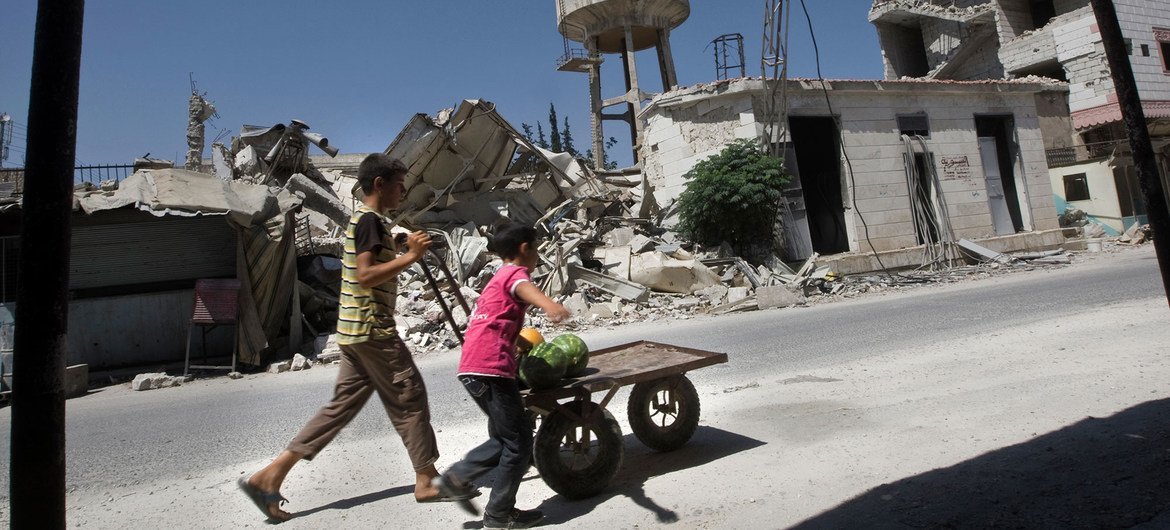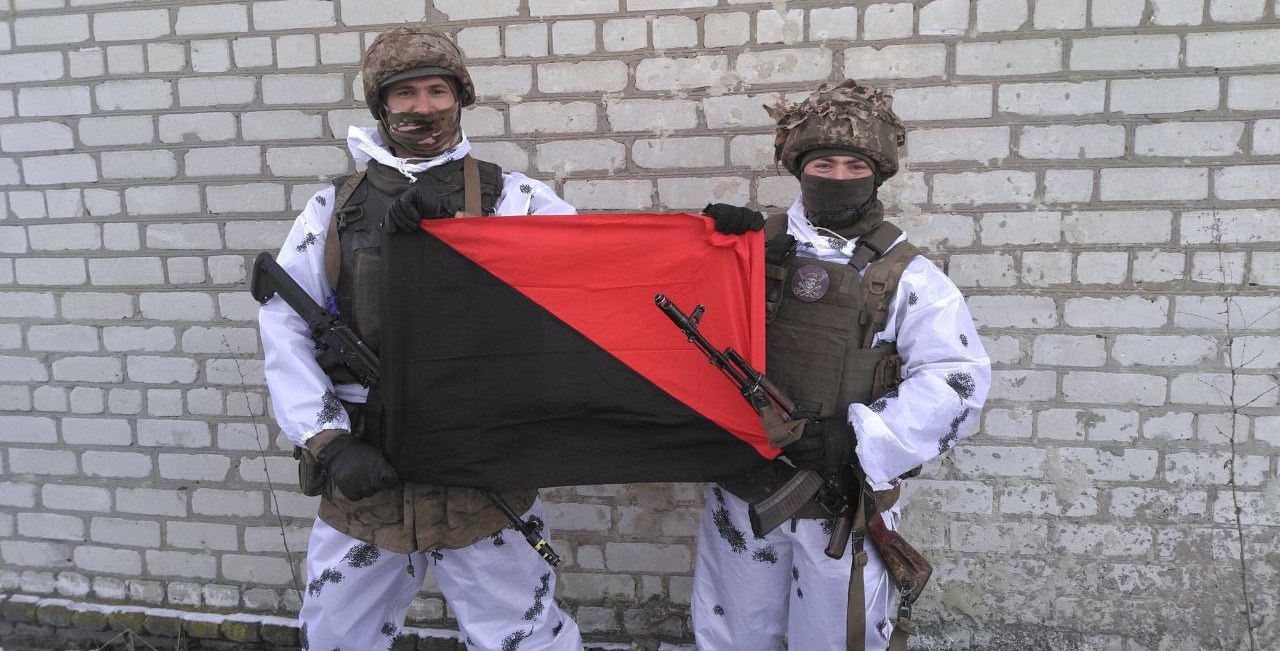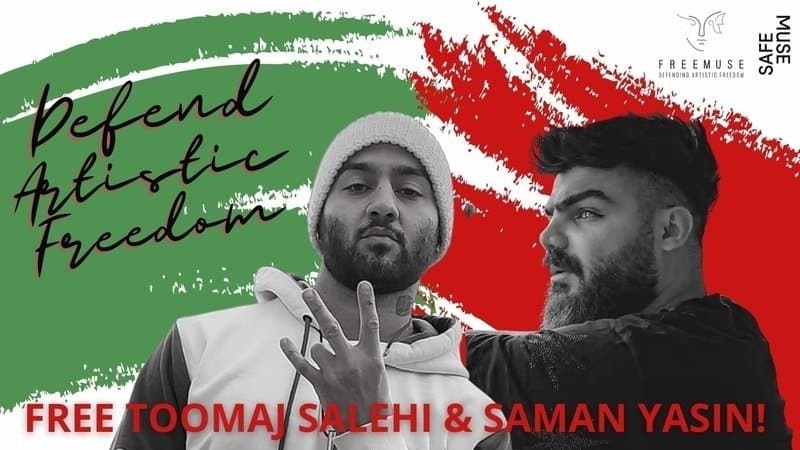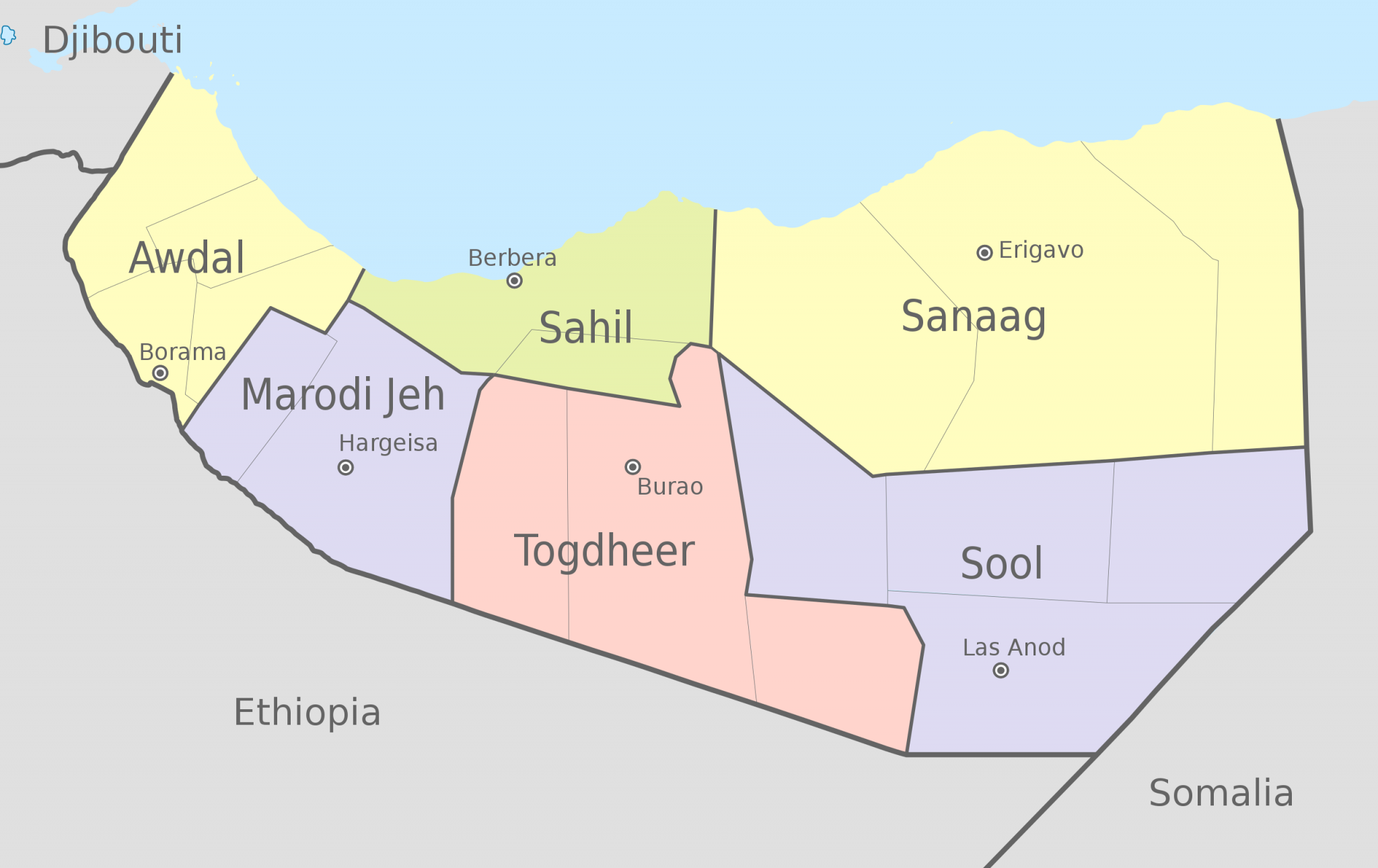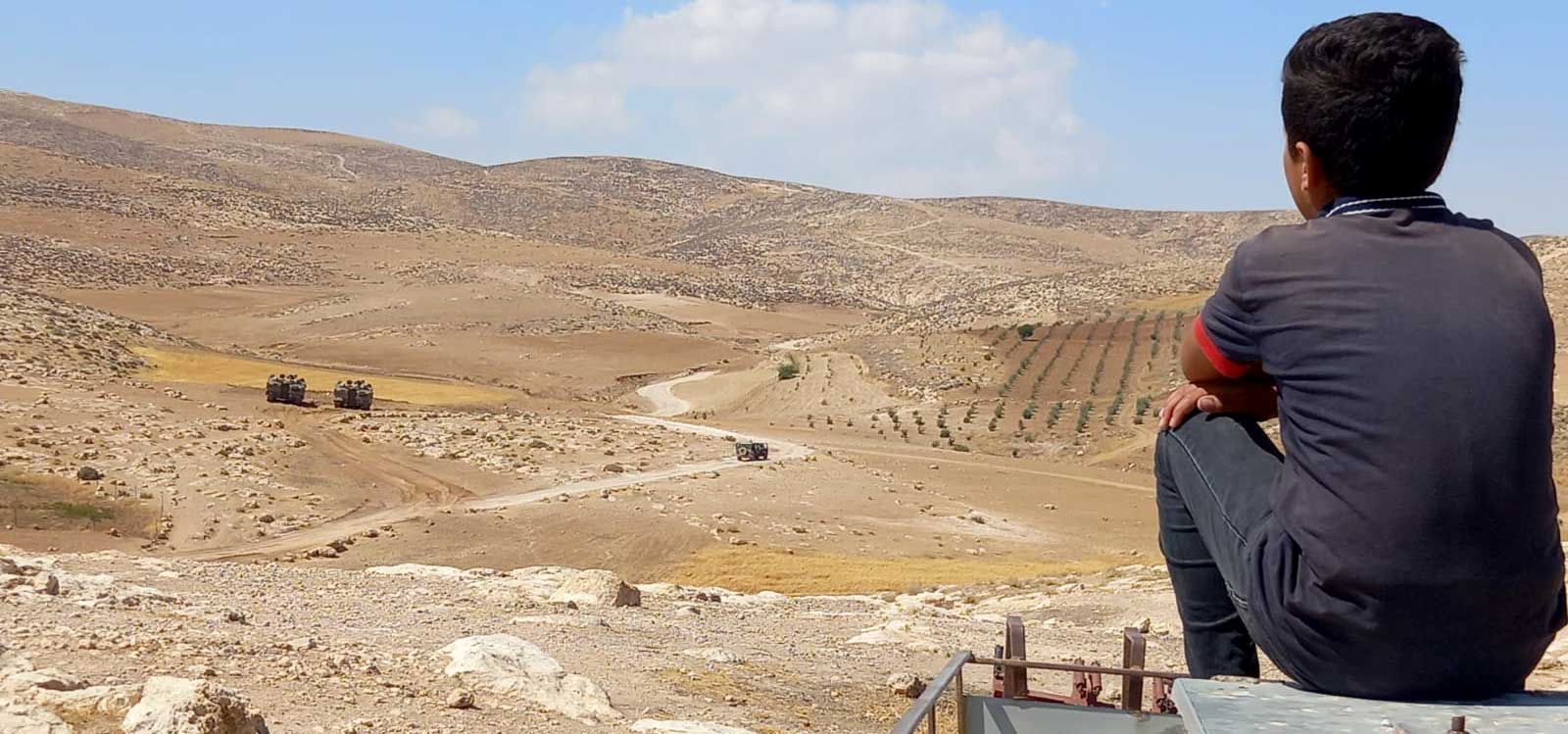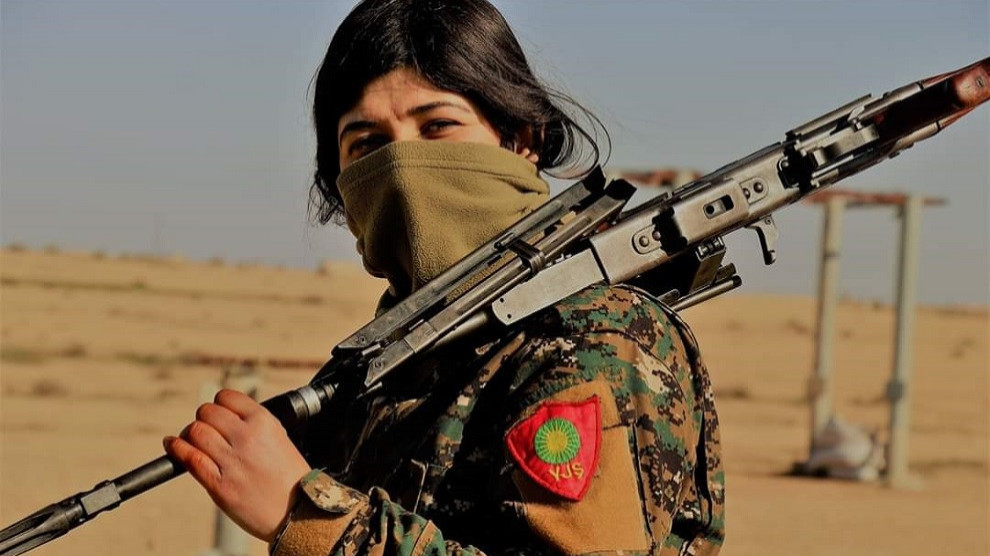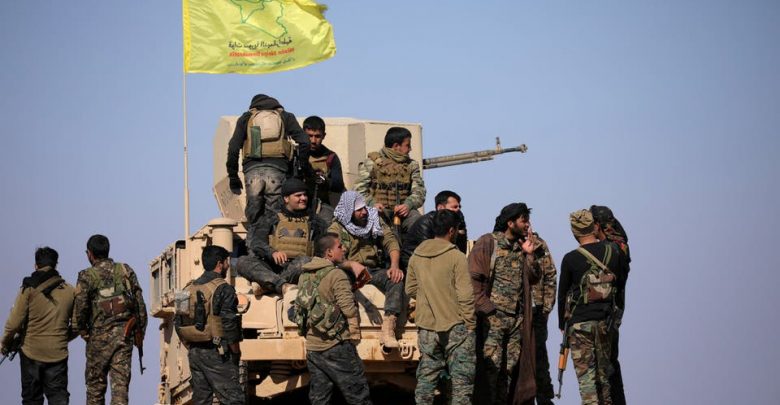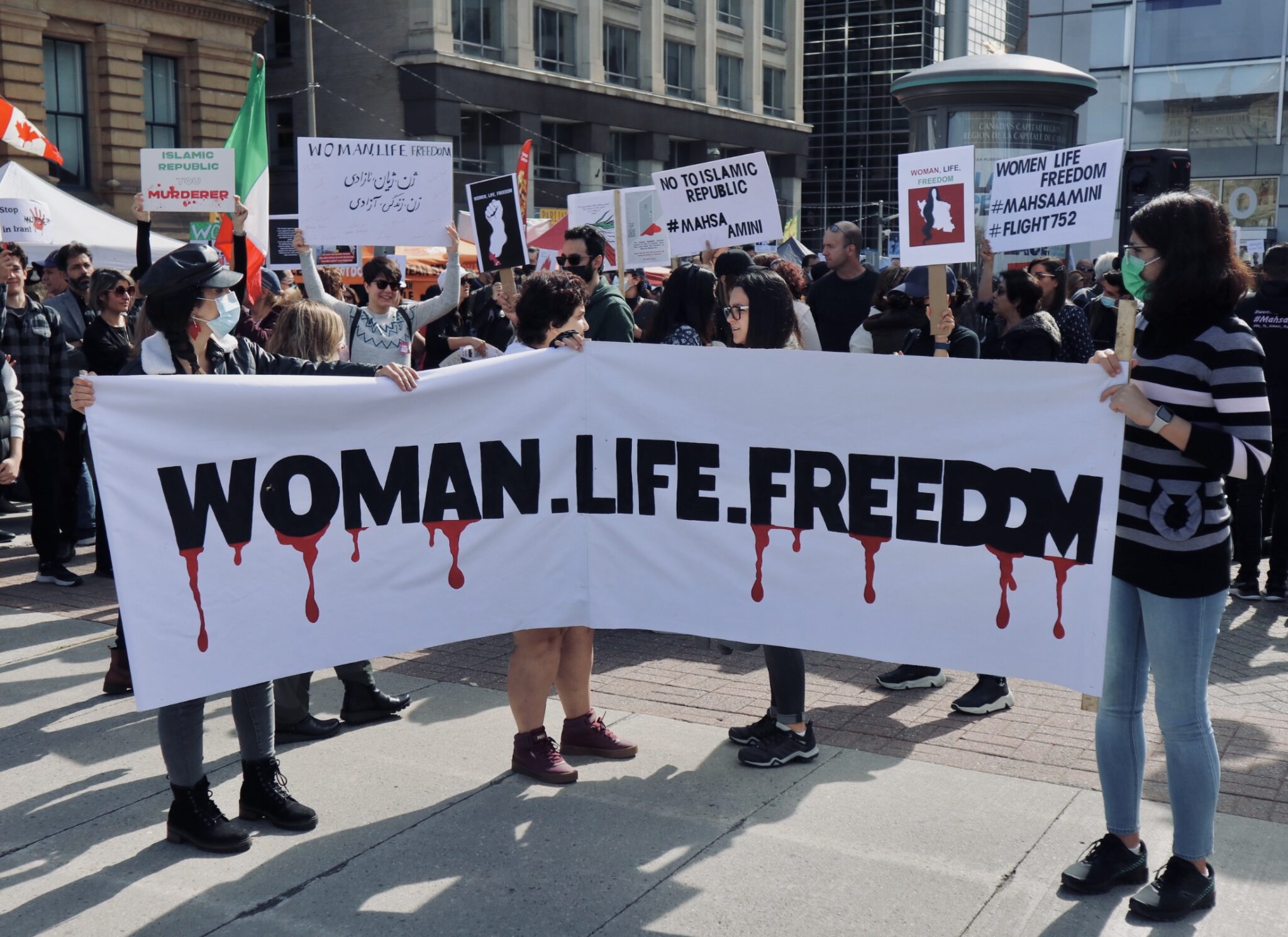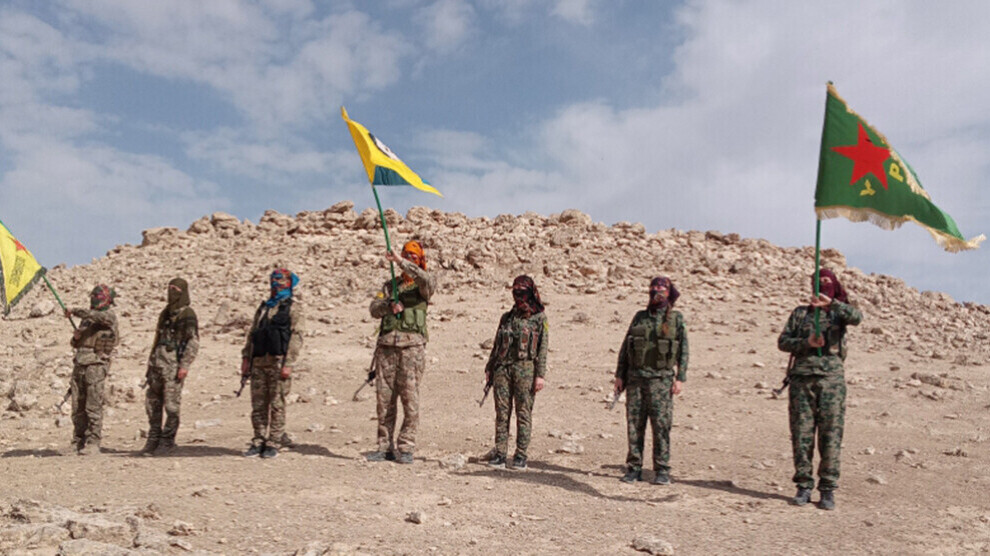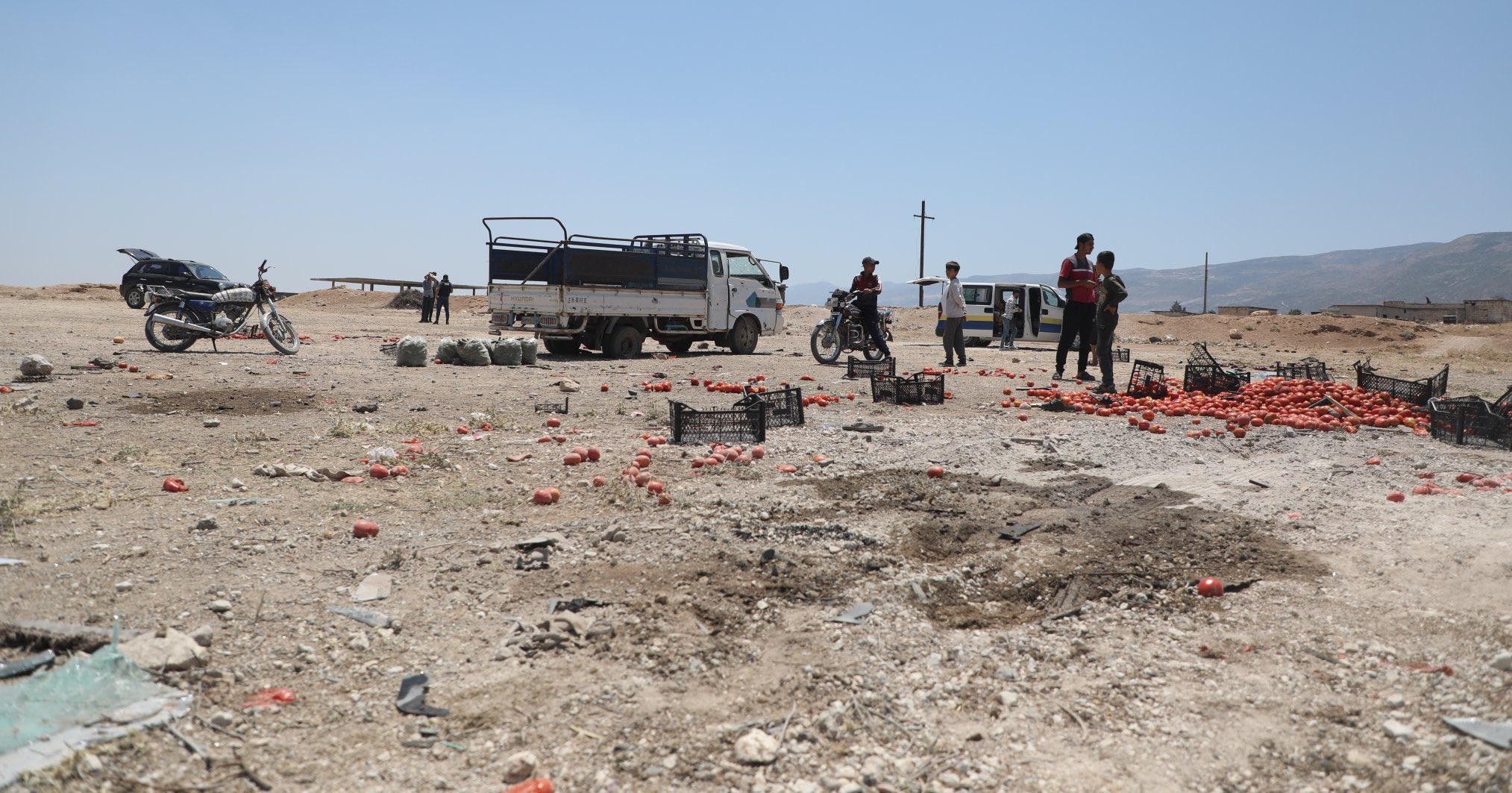
Russia, Israel both still bombing Syria
At least 13 people, nine of them civilians, were killed in Russian air-strikes within the so-called “de-escalation zone” in northern Syria’s Idlib province, with some of the strikes hitting a crowded vegetable market. The area targeted in the raid, already suffering a severe displacement crisis, is controlled by the Tahrir al-Sham (HTS) Islamist faction. Meanwhile, sporadic Israeli air-strikes on regime-held Syrian territory also continue—with apparent tacit approval from Russia, as long as they target the Iranian military presence in the country. (Photo: @SyriaCivilDef)



